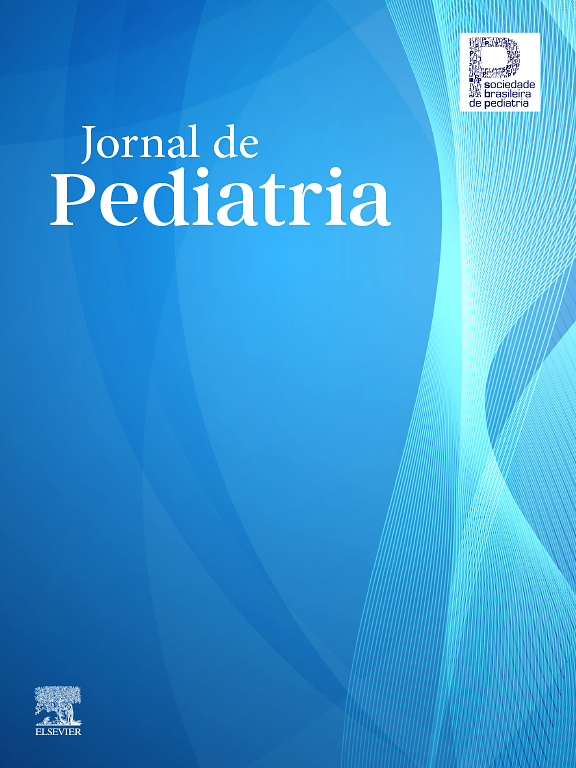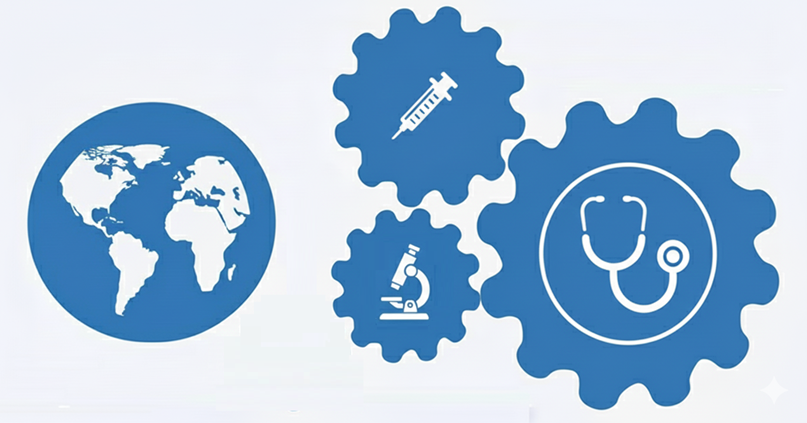We appreciate the interest in our article “Longitudinal study of sleep behavior and motor development in low-birth-weight preterm children from infancy to preschool years”1 and your comments.2 Our primary goal was to assess longitudinally whether sleep characteristics of low-birth-weight preterm infants would affect motor development during infancy and preschool years. However, Bota and collaborators have raised an important point: that there is a prominent time gap between 12 months and 4-5 years. We agree that a more exhaustive assessment throughout time would have provided more information on the preterm infants’ evolution and, thus, allowed for a more solid conclusion, but, unfortunately, we lacked the resources to investigate these outcomes beyond the three-time points described in the study (at 6 months of corrected age, at 12 months of corrected age, and at 4-5 years of chronological age).
Previous authors3 have advanced our understanding of the relationship between sleep position and motor development delay by reporting that supine position was associated with delayed gross motor development at 4 and 6 months and prone position was correlated with proper gross motor development at 4 to 10 months, but no association was established for the supine and prone positions at 12-36 months and at 11-17 months, respectively. We originally intended, as a secondary objective, to compare the findings of preterm infants with those of an age-matched control group of children born at term. However, our controls (born at term) were recruited only at 4-5 years of age, and we did not have access to their birth records to compare their data at birth with those of preterm infants—for this reason, such a comparison was not included in the study. Nevertheless, at 4-5 years of chronological age, in analyses adjusted for age, parents’ level of education, and family income, sleep characteristics, and motor development were similar in preterm (n = 36) and full-term (n = 31) children. Future studies should recruit controls at birth to allow proper comparison between case and control groups over time.
Indeed, the mean gestational age in our study was 30.7 (SD, 2.4) weeks, corresponding to very preterm (28 to < 32 weeks) and moderate preterm (32 to < 37 weeks) infants according to the WHO classification,4 but data was analyzed using corrected age at the 12 months evaluation.
Finally, we agree that more studies are necessary to evaluate the impact of the NICU environment and early mother-child interaction across life on infants’ sleep patterns. We have recently published data in a larger cohort (2.222 mothers and infants) where we observed that mothers in the depressed group were more likely to report disturbed sleep in their children, however, objective data from actigraphy did not replicate this finding. Probably maternal depression may affect the mother's impression of her infant's sleep.5 We acknowledge that our study has limitations as expressed in the discussion, as we have not accessed mothers’ behavior.










